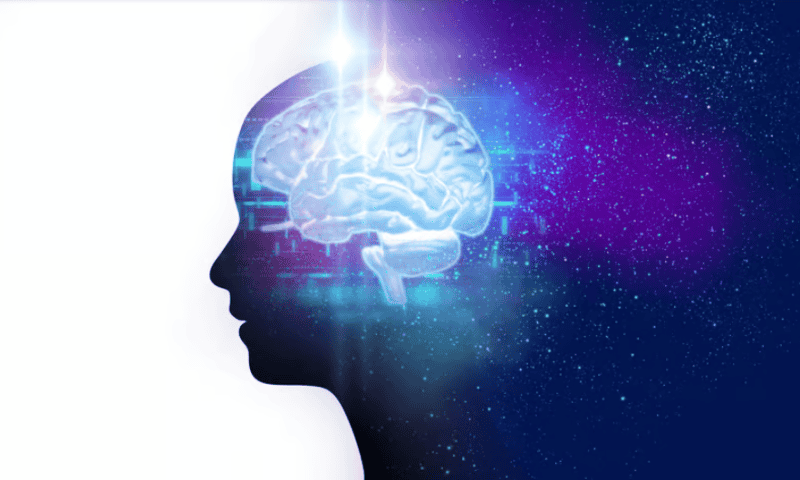Much of the brain is made up of a constellation of star-shaped cells called astrocytes, which play vital roles in immunity, neuron maintenance and many other functions. In Alzheimer’s disease, some astrocytes serve as celestial guardians that break down the amyloid beta protein plaques that build up in the brain; others, however, go rogue, actually secreting amyloid beta themselves.
A drug candidate from Hoth Therapeutics, based on the anti-nausea agent aprepitant, reduced the brain area covered by astrocytes and improved cognitive function in a mouse model of Alzheimer’s, the company announced in a Sept. 17 release.
“The reductions in astrocyte activity and the corresponding improvements in cognitive function observed with HT- ALZ give us confidence as we move forward in our development process,” Hoth CEO Robb Knie said in the release.
In the hippocampus, one of the first brain regions usually damaged by Alzheimer’s, both 20-mg and 40-mg doses of HT-ALZ reduced the percentage of astrocyte coverage compared to the control, the company said. A similar pattern was seen in the cortex, and the decrease in astrocytes corresponded with improved cognitive function, according to Hoth.
HT-ALZ’s active ingredient is aprepitant, a molecule that binds to the neurokinin 1 receptor in the central nervous system and has been approved by the FDA since 2003. Aprepitant is sold by Merck as Emend to prevent nausea and vomiting in cancer patients undergoing chemotherapy.
The reactive astrocytes that respond to Alzheimer’s and other diseases tend to be larger than normal astrocytes. In addition to some astrocytes secreting amyloid beta, the reactive cells also produce toxic byproducts as they work to break down amyloid beta into urea, which contributes to disease progression.
Hoth is currently exploring whether treatment with HT-ALZ changes the size or total number of astrocytes, the company said. Early evidence suggests treated mice have fewer reactive astrocytes than control mice, the biotech said.
HT-ALZ is being developed as an oral soluble film, according to Hoth’s website.

